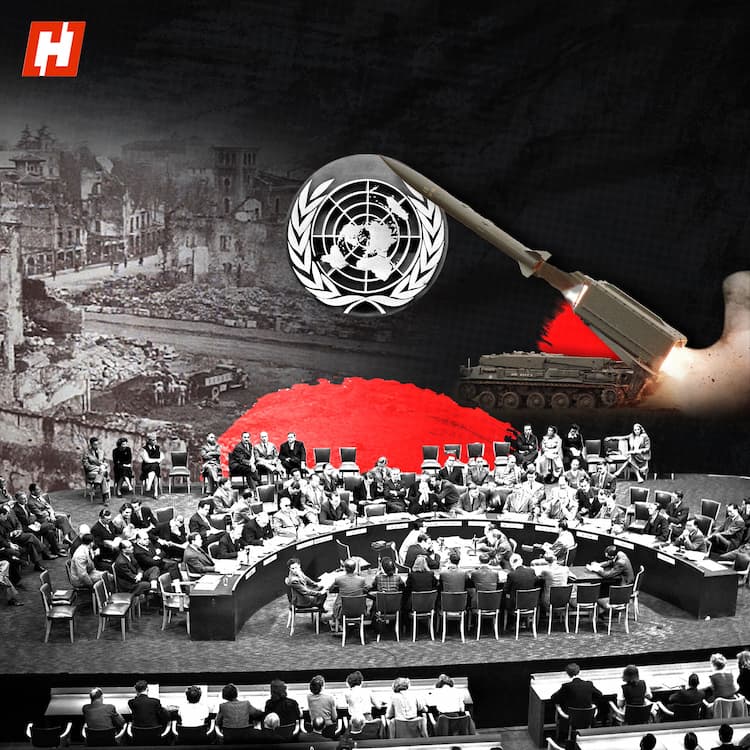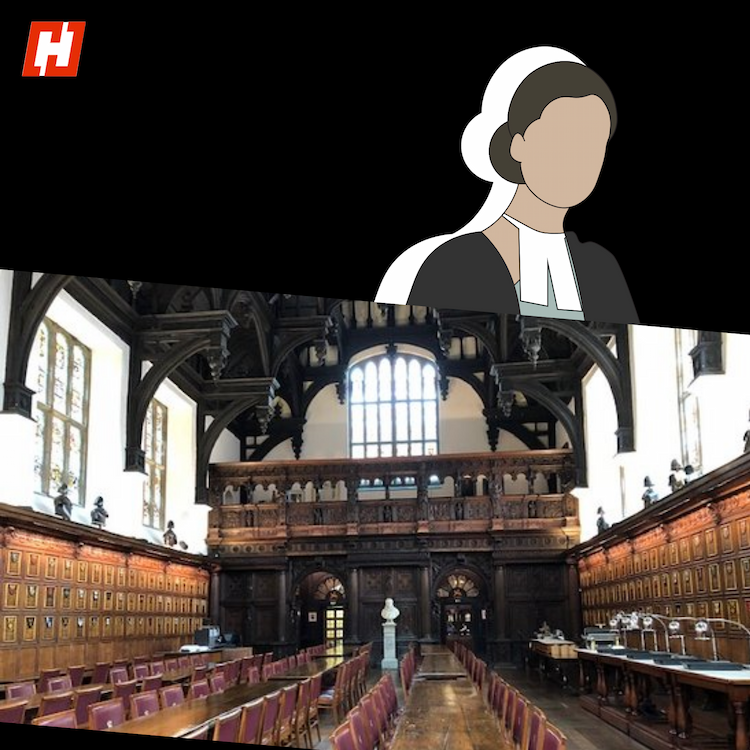US President Donald Trump just announced a new travel ban. Citizens from 12 countries face a total ban on travel to the US. They are Afghanistan, Chad, The Republic of the Congo, Equatorial Guinea, Eritrea, Haiti, Iran, Libya, Myanmar, Somalia, Sudan and Yemen. From June 9, nationals from these 12 countries will not be allowed to enter the US. The US will stop issuing certain visas to people from these 12 countries. Nationals from 7 other countries face a partial travel ban to the US. They are Burundi, Cuba, Laos, Sierra Leone, Togo, Turkmenistan and Venezuela. The US will stop issuing business, tourism and student visas to people from these 7 nations.
Trump issued a presidential proclamation on Wednesday, June 4, to impose his latest travel ban. He had issued a similar travel ban on January 27, 2017, during his first term. Back then, it was referred to as a Muslim ban, because it targeted only Muslim majority countries. The 2017 ban was challenged in the courts and in the streets. People had protested against the allegedly bigoted policy. Trump was forced to revise the 2017 ban, and include non-Muslim nations, until the US Supreme Court let it go into effect. His latest ban seems to have incorporated the learnings from his earlier attempt. The Trump administration now says that a high percentage of people from certain countries overstay their visas. That is their justification for a total travel ban.
However, the overstay numbers were not used to justify the travel bans for Iran, Libya, Somalia or Yemen. The Trump administration justified the ban on Iranian nationals by highlighting that the US considers Iran a state sponsor of terrorism. However, the US has made an exception to allow visas for ethnic and religious minorities facing persecution in Iran. There are civil wars or major terrorist insurgencies taking place in Libya, Somalia and Yemen. The US says that these three nations, and war-torn Sudan, don’t have competent authorities that can issue passports at the moment. So, Trump has basically banned people who might be trying to flee war-torn countries from coming to the US. But he mentioned that the list is subject to change.





